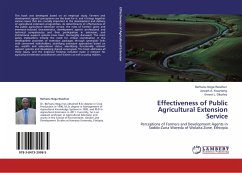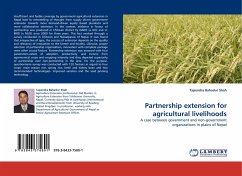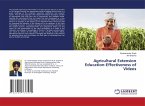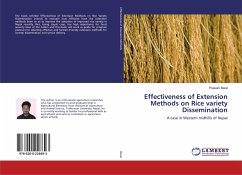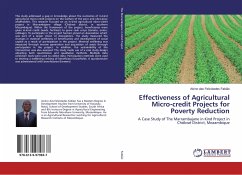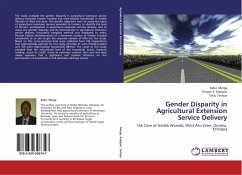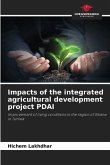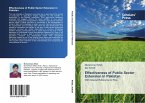This book was developed based on an empirical study. Farmers and development agents' perceptions are the basis for it; and it brings together various issues that are crucially important in the development and delivery of agricultural extension programmes. As determinants of effectiveness of the public agricultural extension service, the roles of farmers' given and extension-induced characteristics, development agents' professional and technical competencies and their participation in extension, and institutional support systems have been thoroughly discussed. The main policy implications include the need for critical coordination in the development processes of extension packages through synergistic links with concerned stakeholders; stratifying extension approaches based on sex, wealth and educational status; identifying functionally relevant support systems and developing shared social goals. The book addresses all these issues, and the empirical findings included make it relevant for agricultural extension practitioners and trainers as well as policy makers.
Bitte wählen Sie Ihr Anliegen aus.
Rechnungen
Retourenschein anfordern
Bestellstatus
Storno

